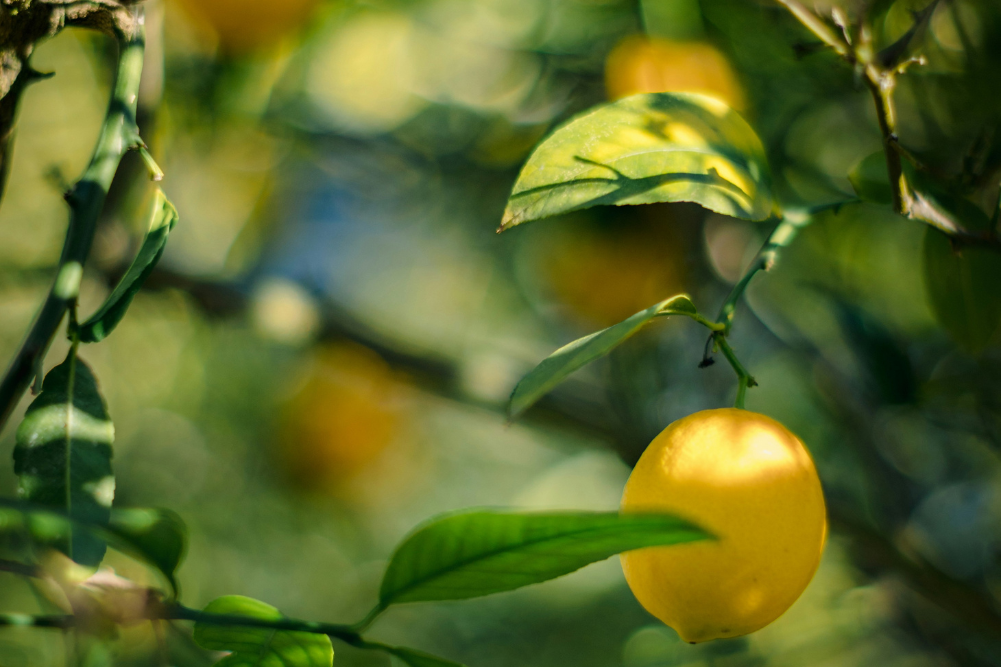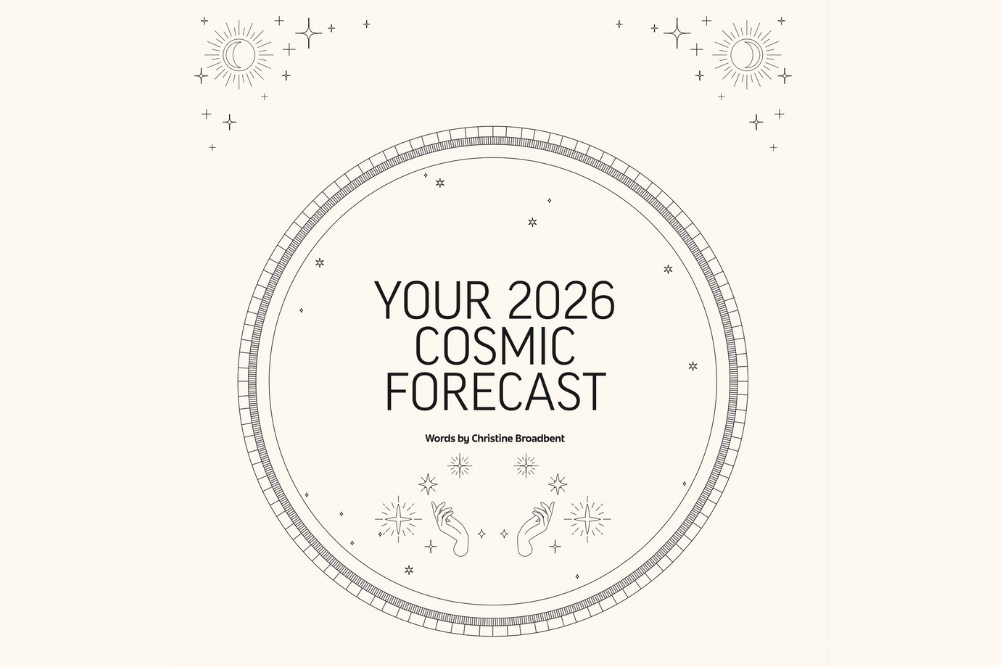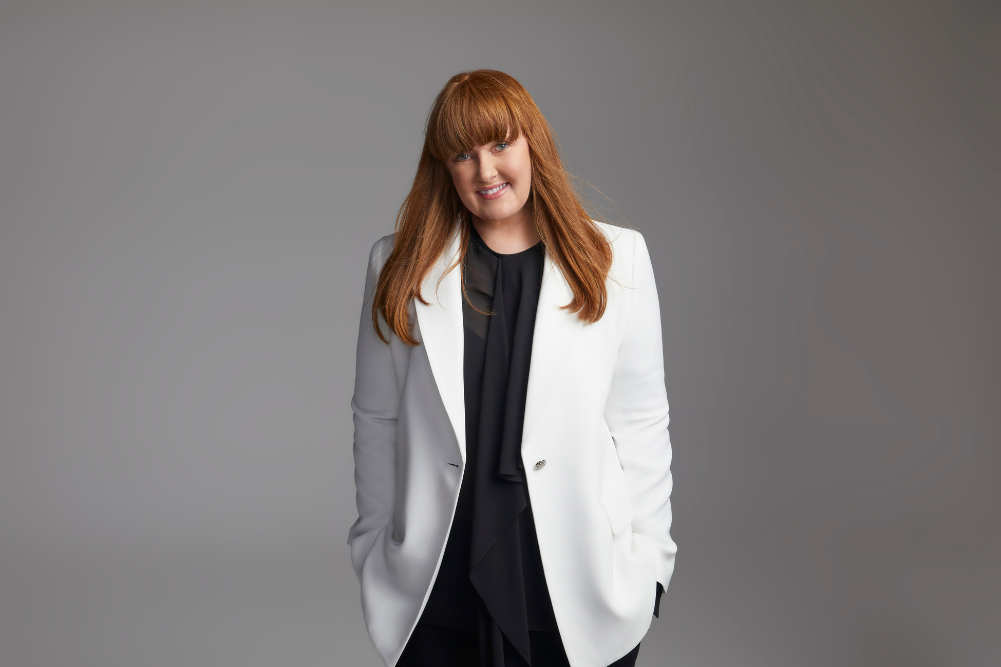Coffee and cancer
Coffee is a personal, social, and global trade phenomenon. People can’t start their day without a coffee and most people’s days are punctuated by, and hang upon, their next “coffeeâ€. For some going for “coffee†might not entail drinking coffee itself, but coffee is the beverage of society, community, conversing, and reflecting. In a health conscious world though, questions have been raised about the caffeine content of coffee and its implications for wellbeing. Not surprisingly a flood of research is emerging to suggest that coffee may in fact be health promoting in some ways and now a new piece of research from Harvard is the latest to link coffee drinking to a reduced risk of cancer.
Before looking at the new study let’s just consider for a moment how pervasive coffee is. It is the world’s second most traded commodity: second only to oil. In Australia alone, every day 3.2 million cups of coffee are served up in cafés and restaurants and that figure does not account for the millions more cups brewed up in homes and offices around the nation. Sales of coffee have increased 65 per cent in the decade from 1998-2008. Coffee is big business.
The sheer economic power of coffee does raise a querying eyebrow when another study emerges extolling the health virtues of the brew. In a global culture that is increasingly focussed on health, any positive news regarding health and coffee consumption can only support the popularity of the drink. Of course, by contrast studies suggesting negative health impacts of coffee could dent the economic juggernaut. Bearing that in kind, there is some interesting evidence emerging that coffee could have some healing properties beyond the stimulation provided by caffeine.
In this latest research data was analysed from more than 70 000 women tracked over a 26 year period. It was found that women who drank more than four cups per day of coffee had a 25 per cent reduction in their risk of developing endometrial cancer. Women who drank only two to three cups per day had only a seven per cent reduction in risk. Interestingly, drinking more than two cups per day of decaffeinated coffee led to a 22 per cent reduction in risk of this cancer.
This suggests that it is not the caffeine that is offering the benefit but some of the many other compounds, possibly the antioxidant ones, that exist in your espresso/latte. It also suggests that to get this benefit you don’t need to be consuming the more than two cups per day worth of caffeine which can have negative consequences in the long term. So either go totally decaf (these days the water based decaffeinating processes manage to maintain flavour without a chemical backwash) or limit your caffeinated coffee to twice per day.
In terms of other research on coffee this study fits against a backdrop in which coffee is being suggested as being protective against cancers that involve obesity, oestrogen, and insulin. This points to coffee somehow impacting your body’s hormonal system, although exactly how remains an area for exploration.
The other thing to keep in mind with your coffee drinking for both gourmet and ethical reasons is to go organic where possible.
In its natural state coffee grows on trees that are part of the diverse make-up of the rainforest. The coffee tree will grow among bushes and will usually be shaded by taller growing trees and the canopy of the rainforest. Unfortunately, to keep up with global demand, coffee is frequently grown on cultivated land. This means clearing rainforest and planting coffee trees in rows where they get full sun.
It is estimated that a coffee plantation will offer shelter to approximately 90 per cent less bird life than trees grown under a canopy. Aside from what this means for the bird life itself, since birds are natural insect scavengers, this means an increased amount of pesticides that must be used on the plants. The coffee industry claims that any pesticide residues are destroyed in the roasting of the beans. Yet even if this is the case, the knowledge that the farmers, who are often operating on a subsistence level, must be exposed to these pesticides will prick the conscience. As far as taste goes, coffee grown in the shade is thought to have a better taste since the beans take longer to ripen and develop full flavour when not in full sunlight.
Drinking shade grown organic coffee will be good for your coffee experience and for the planet as well. Next time you are on the café circuit try ordering a “shady latte with double microfoamâ€â€¦those in the know will be highly impressed, and those who haven’t a clue what you are going on about, well, they’re not worth impressing anyway.







